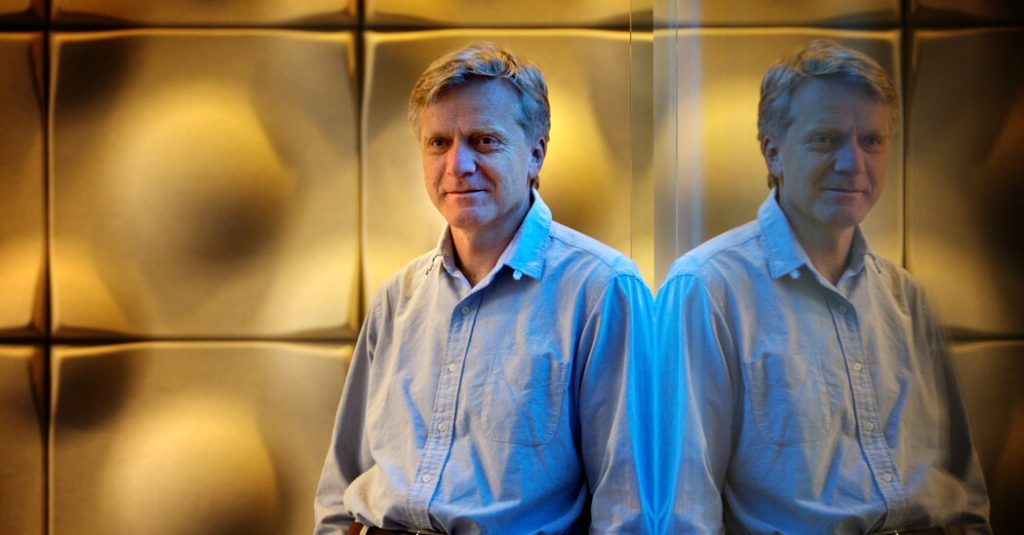Andreas Bechtolsheim, a renowned entrepreneur in Silicon Valley, made a quick $100,000 investment in Google in 1998 that later turned into a billion-dollar profit. However, his recent insider trading charges involving a $415,726 profit have tarnished his reputation. Bechtolsheim settled the charges without admitting guilt and agreed to pay a hefty fine. This incident contrasts sharply with his image as someone who valued technology over money, having spent his early years in Silicon Valley focused on building innovative products and companies.
Bechtolsheim’s case of insider trading is viewed as a surprising departure from his usual behavior. He is accused of trading on confidential information regarding a tech company’s imminent sale, using the accounts of associates and family members. Insider trading is a risky crime based on fleeting information, often driven by greed. Research suggests that corporate executives often benefit from confidential information through practices like “shadow trading,” which involves trading in companies expected to benefit from a forthcoming deal.
The case of Matthew Panuwat, a biopharmaceutical executive, further illustrates how shadow trading works in the Bay Area. After being informed of Pfizer’s acquisition of his company, Panuwat bought shares in a third drug firm that later surged after the Medivation deal was announced. While Panuwat claimed the timing was a coincidence, he was found guilty of insider trading. The successful prosecution of Panuwat has set a precedent for more cases of insider trading, anticipated by white-collar defense firms.
Andreas Bechtolsheim grew up in rural Germany with an early interest in technology and later co-founded Sun Microsystems with Scott McNealy, Vinod Khosla, and Bill Joy. Despite warnings of potential risks, Bechtolsheim invested his life savings in Sun, which turned out to be a successful venture. Additionally, his investment in Google further solidified his stature in Silicon Valley. His involvement with Arista, a successful computer networking company, also showcased his continued influence in the tech industry.
While Bechtolsheim’s insider trading case has raised questions about his actions, some believe that he still has opportunities to make desirable investments legally. His contributions to the technology sector and his knack for spotting successful ventures have not gone unnoticed. Arista, where Bechtolsheim holds the title of chief architect, has yet to announce how they will respond to the situation. Despite the controversy surrounding his recent actions, Bechtolsheim’s overall career trajectory and legacy as a tech pioneer should not be disregarded.
In conclusion, Andreas Bechtolsheim’s insider trading scandal marks a stark contrast to his reputation as a technology enthusiast who valued innovation over money. The case sheds light on the prevalence of shadow trading among corporate executives and the potential legal ramifications of such practices. While Bechtolsheim’s actions have drawn criticism, his past successes and contributions to the tech industry continue to be acknowledged. As the fallout from his insider trading case unfolds, the tech community will be watching closely to see how one of Silicon Valley’s renowned figures navigates this challenging situation.


